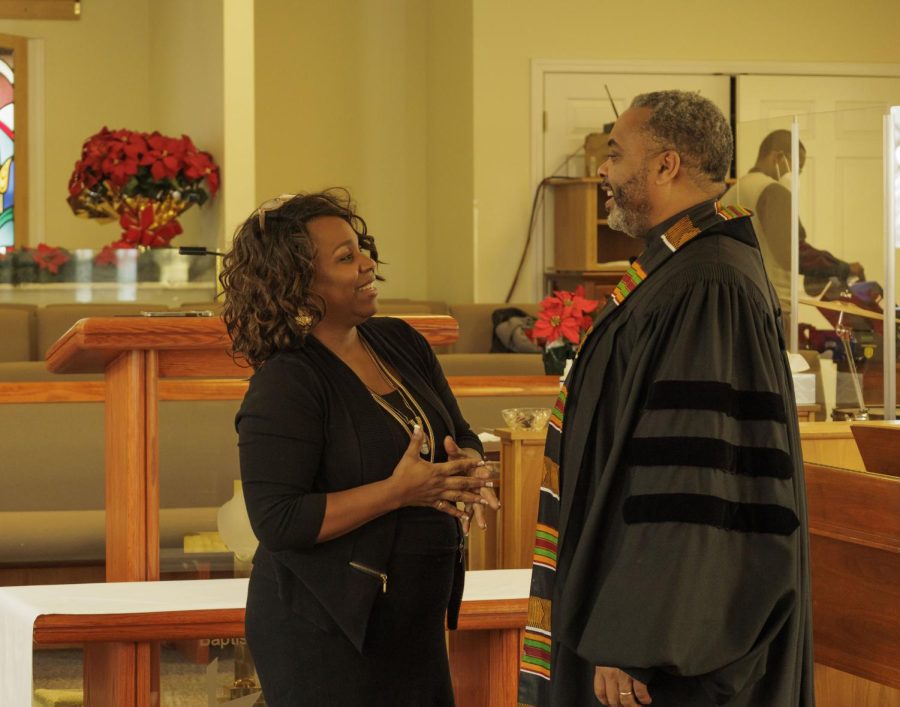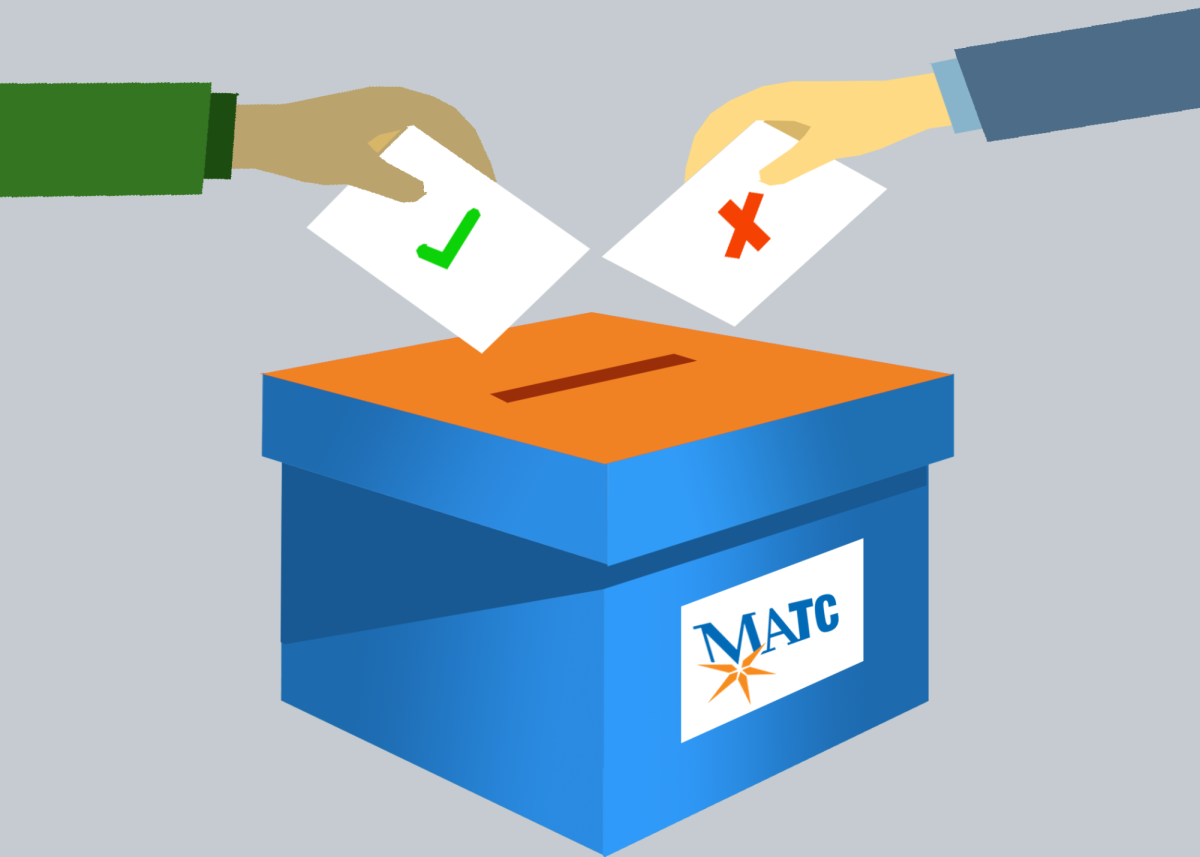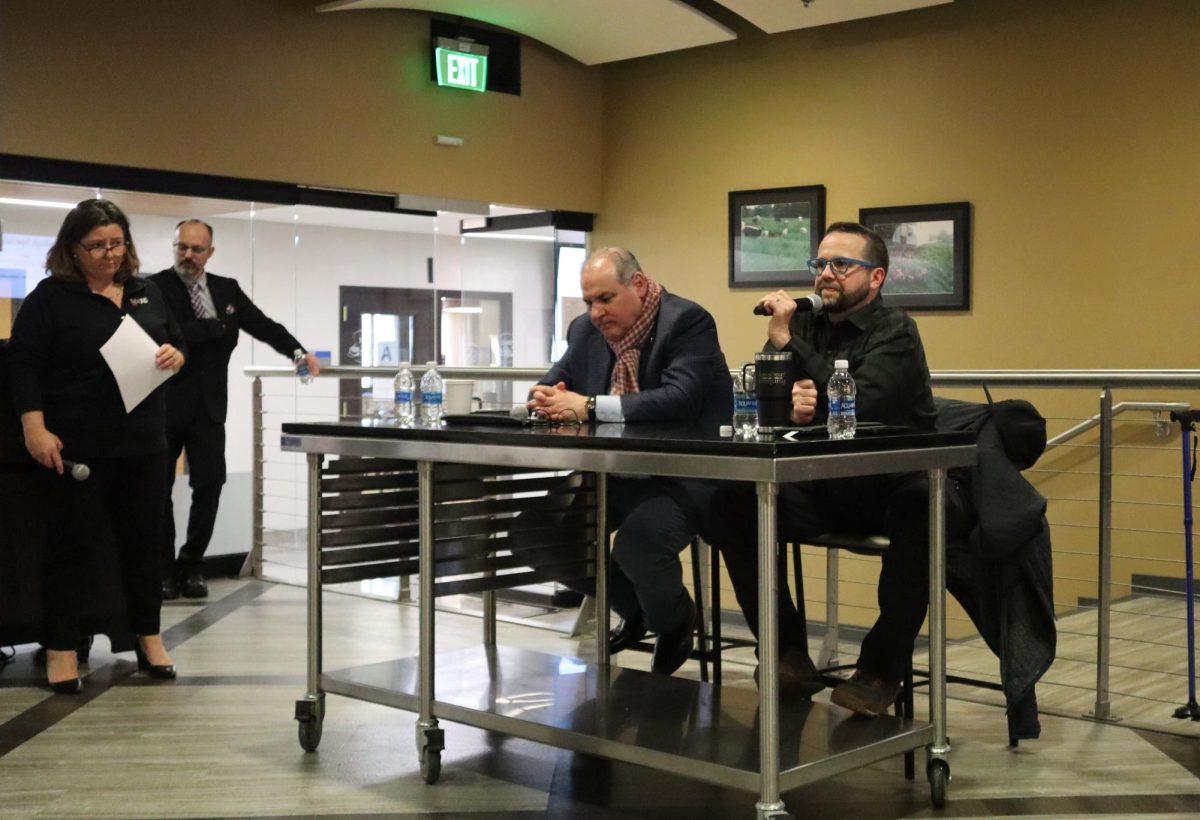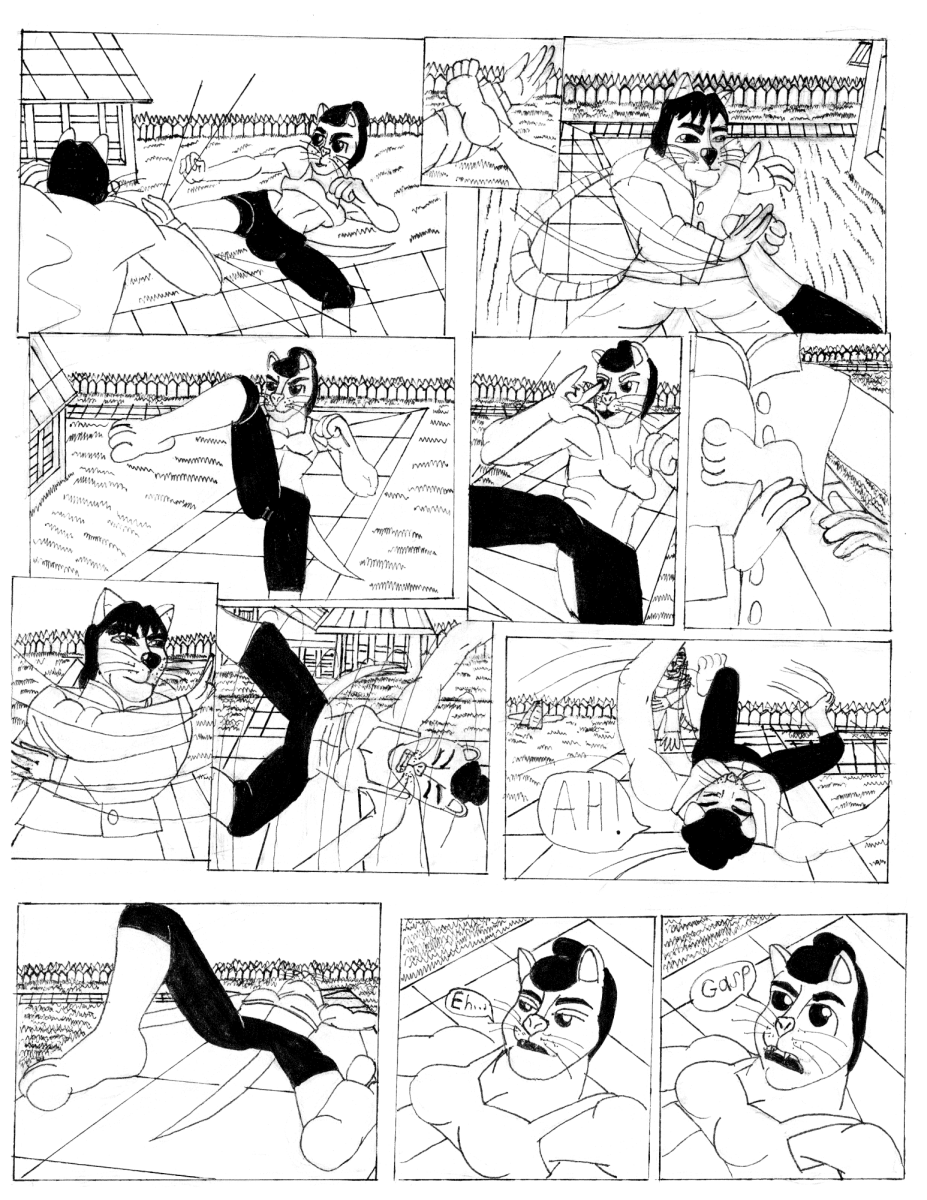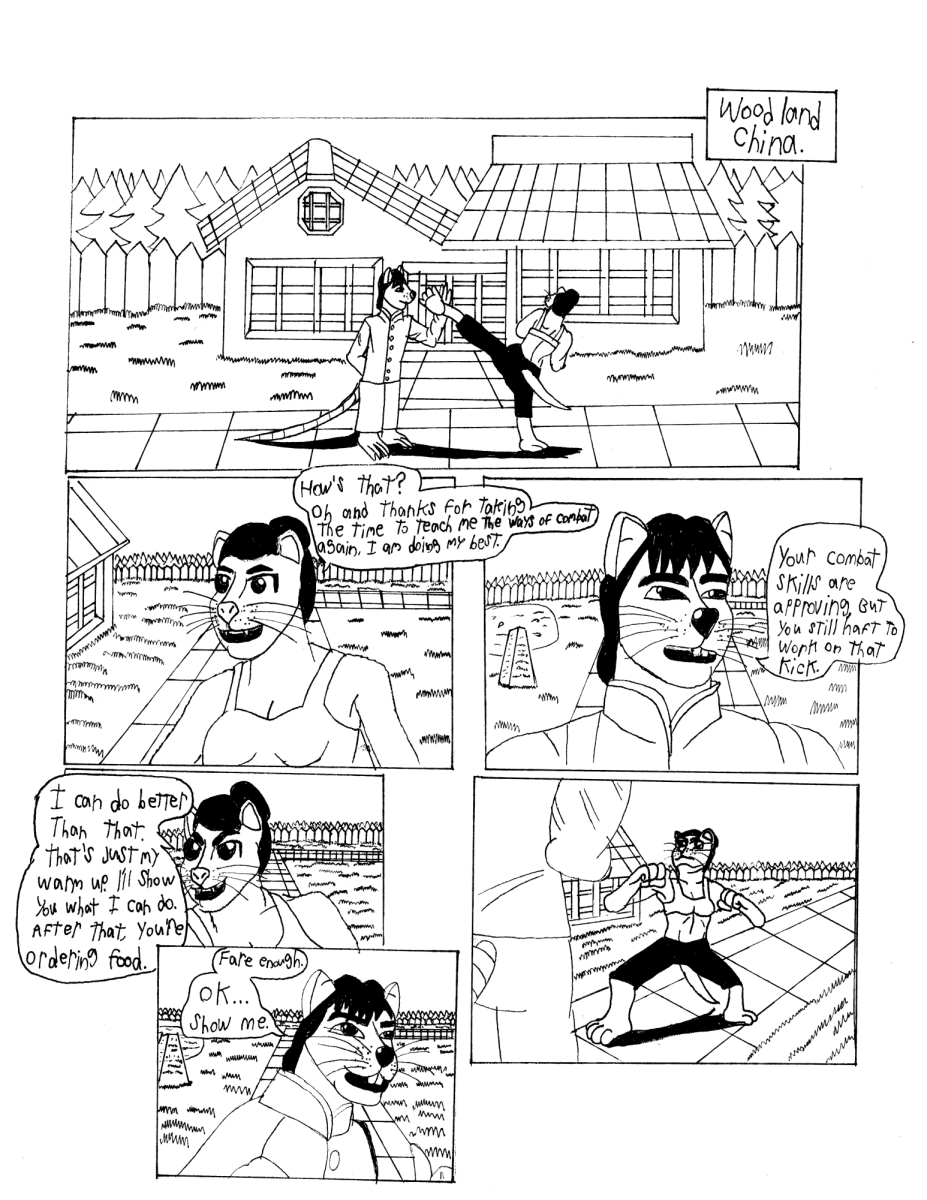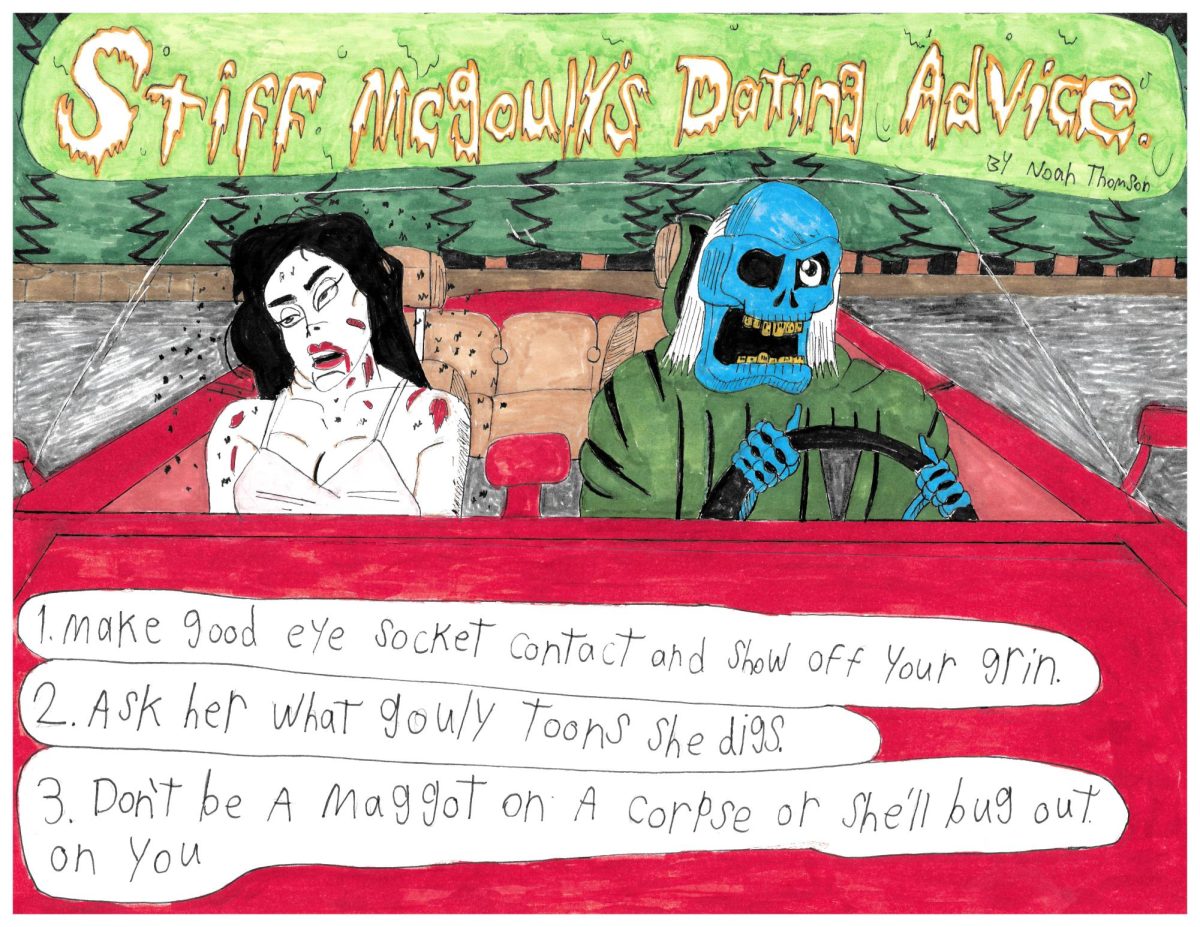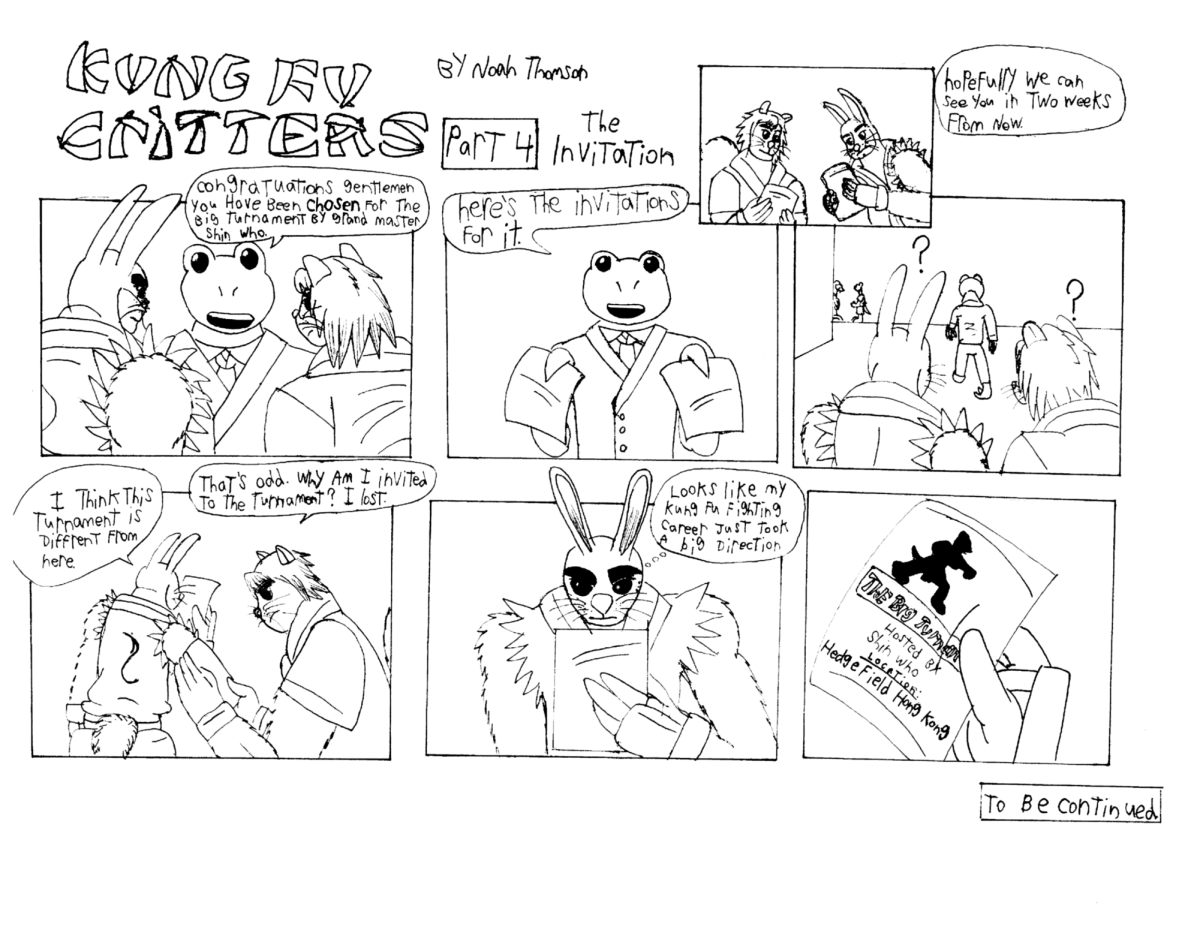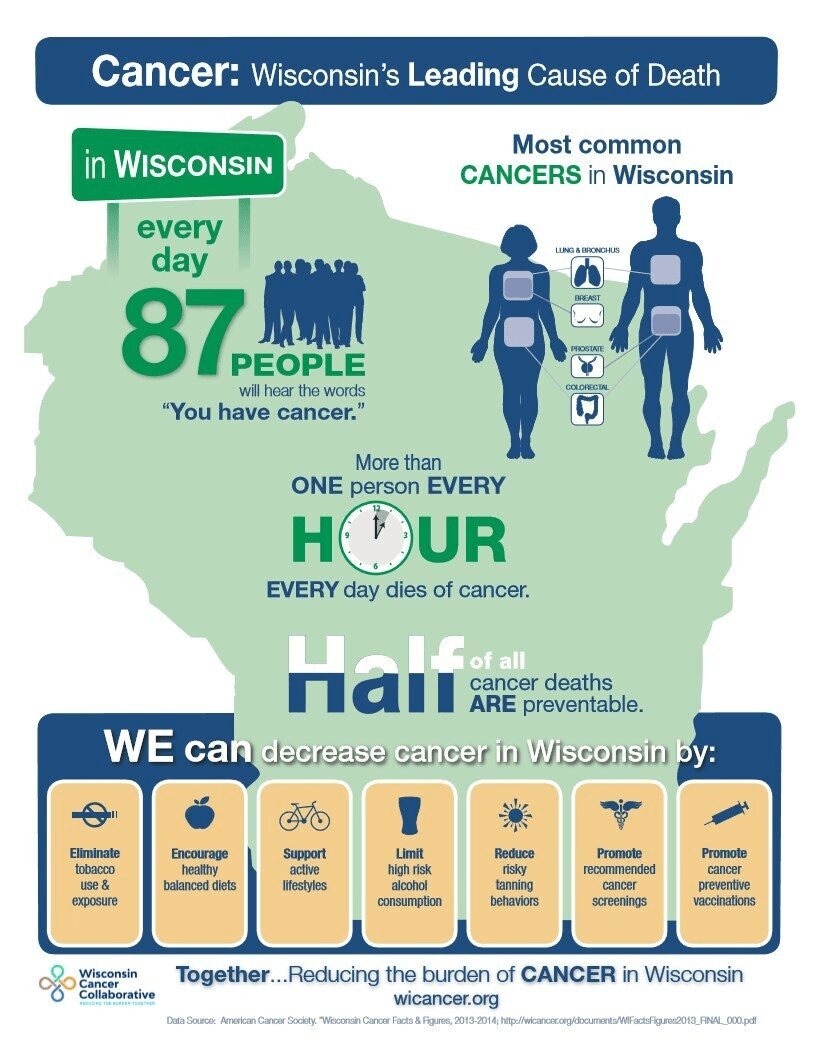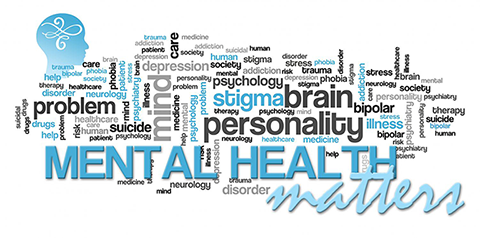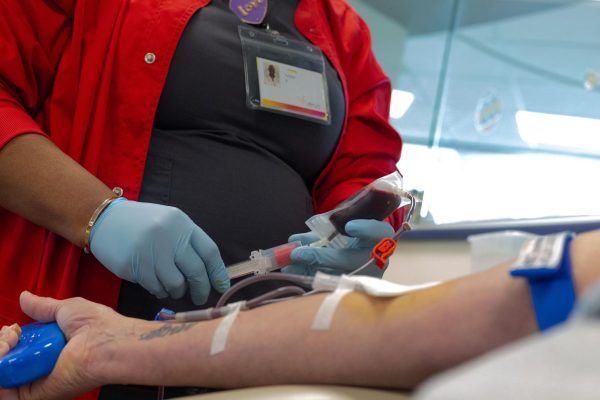MATC mental health event brings awareness
Photo by Shanell Brookshire/Times
Stacey Heeler (left) and Elizabeth Hang from Hope, Peace, Recovery handed out resource materials for students.
According to the National Alliance on Mental Illness (NAMI), mental illness is defined as “a condition that affects a person’s thinking, feeling or mood. Such conditions may affect someone’s ability to relate to others and function each day. Each person will have different experiences, even people with the same diagnosis.” Some examples of mental illnesses include depression, anxiety disorders and schizophrenia.
On Oct. 25, MATC held a Mental Awareness Fair in the S-Building at the Downtown Milwaukee campus. MATC students and staff attended the fair and learned what “mental health awareness” is and how it impacts the community. The event had a mental health workshop, resource tables and a networking opportunity, followed by the play, “Pieces: In My Own Voice,” which allowed the audience to “experience the darkness of stigma, and the light of discovery.”
Elizabeth Hang and Stacey Heeler representated Hope, Peace, Recovery (HPR) at one of the resource tables. “We provide therapy for depression. Transcranial Magnetic Stimulation (TMS) therapy is FDA cleared to treat patients suffering from major depressive disorder and anxiety who have not achieved satisfactory improvements from antidepressant medications,” said Hang. “It’s like an MRI but smaller pulses targeted more to the left of the cerebral cortex. Normally in depression, this part of the brain is underactive. The pulses reactivate or stimulate these areas of the brain.”
Heeler added, “The treatments are every day for six weeks, 17 minutes a day. We taper the treatment for three weeks, from three days a week, then two, then one. In an open label study, 68 percent of participants, a year later, have experienced benefits; 45 percent of participants retained complete remission from their depression symptoms.” Further information can be found at HPRTC.com.
Milwaukee County Behavioral Health Division had Tanya Cumings in attendance. She stated, “We have several programs. We are here sharing information on our crisis services. We have adult crisis teams, going out in the city. We also have an access clinic, where individuals who are uninsured can come out and have an assessment.” For students and community members who may need assistance in this area, help is available by calling 414-343-3569.
Students can also tap into resources that include licensed professional counselors on staff at each MATC campus. In addition, students can make an appointment with a campus advisor or counselor who can assist in providing resources and referrals for issues surrounding mental wellness.







